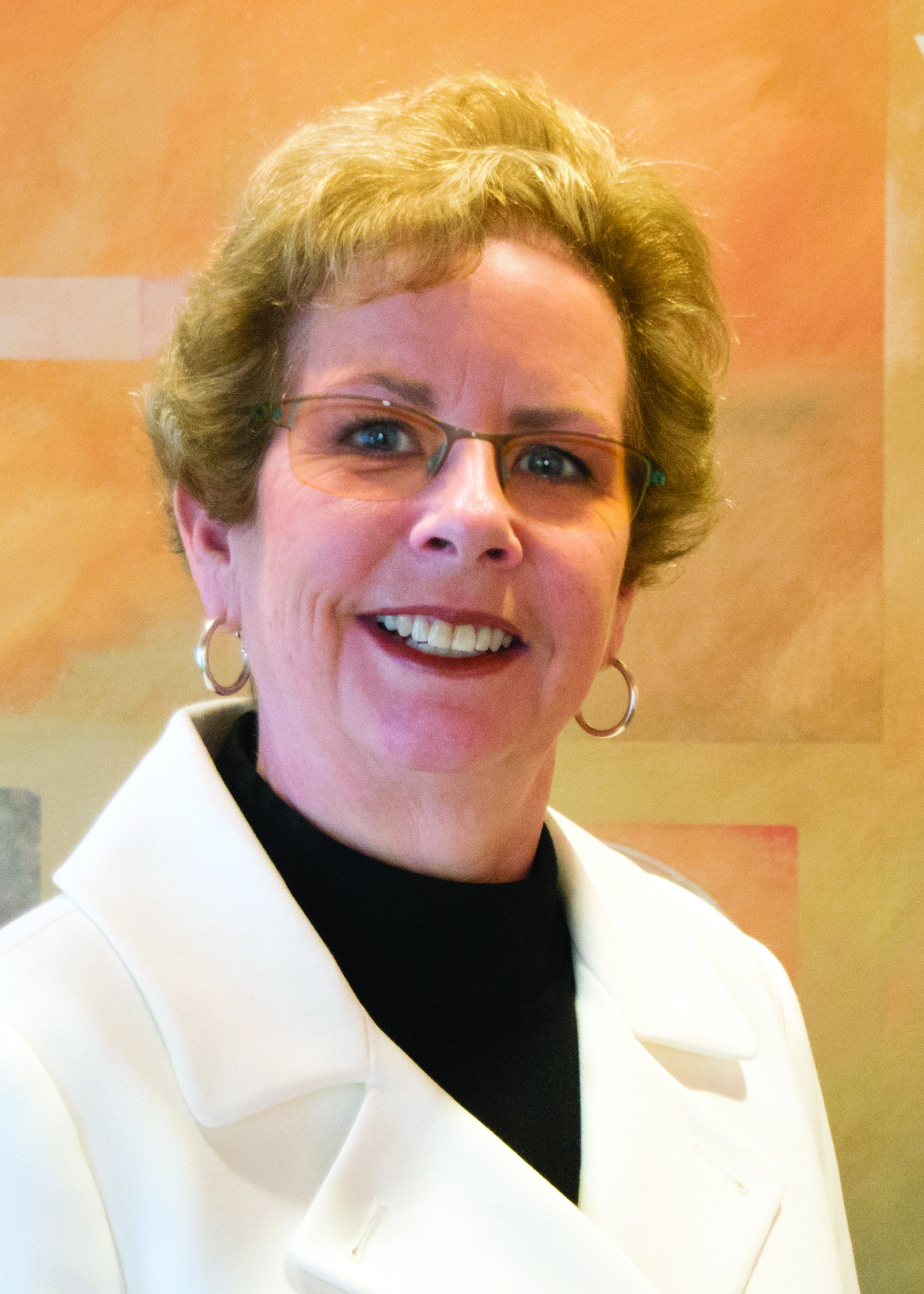
I just finished writing a sympathy card to the family of “Beth.” For the past five years, Beth was in a support group that I facilitate for individuals with advanced cancer. Beth is an example of why I am an oncology nurse. She was an amazing woman. A deliberate thinker, she collected information and made decisions about her health that fit her goals. She once asked me, “How can you continue to care for folks with cancer year after year? It must be hard.”
I readily answered, “Yes, it is hard, but I can’t imagine not having known you.”
The American Nurses Association emphasizes the importance of resiliency as a way to prevent distress and burnout. One strategy to cultivate resilience is to find meaning. Rushton explains that,
Reaffirming the values and purpose that originally drew us to the nursing profession can sustain us in the midst of ethical conundrums. Similarly, the practice of connecting to what we are grateful for—in ourselves, our patients, our colleagues, and our profession—is a powerful antidote to despair.
I call these affirmations “moments of inspiration.” For example, the mere fact that Beth lived with advanced ovarian cancer for five years is amazing. When I started oncology nursing, this wasn’t even possible. New treatments and symptom management strategies allowed her to truly know her grandchildren. Beth was treated by her oncologist, but more often turned to her palliative care nurse practitioner, whom I had taught, to manage her pain and neuropathies. Beth decided to stop chemotherapy and focus on finding meaning in the time she had left. She lived for two more years, spending time with family and doing things that were important to her. Her obituary reads that she “died peacefully after coping gracefully with ovarian cancer for eight years.” Another moment of inspiration is that Beth found a meaningful way to word her obituary, avoiding the “fight with cancer” terminology.
Over my career, I have had countless moments of inspiration:
- The greeting card from a young woman who survived leukemia, telling me that she is now a new mother
- The moment of recognition and hug in the grocery store from an individual I cared for many years ago
- The man, who, inspired by the nurses who cared for him during his colon cancer treatment, is now a second-career oncology nurse
- Sharing my stories with legislators to advocate for the needs of individuals with cancer
I am grateful for these moments. They sustain me and help to keep me resilient. When people ask me why I am an oncology nurse, I answer, “When I go home at the end of the day, I know I made a difference.” Few people are fortunate to have such a career.





